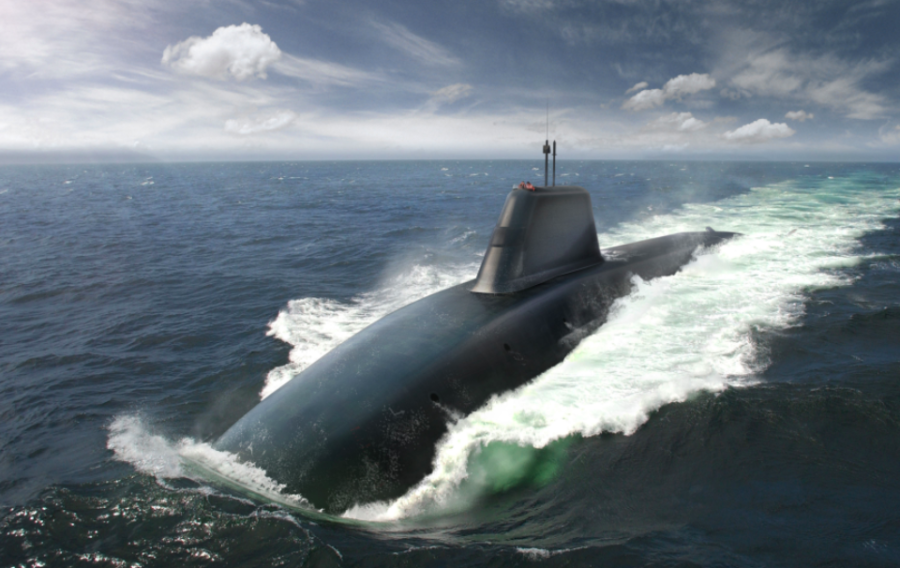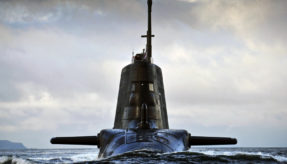
Defence contracts worth more than £2 billion have been awarded to BAE Systems and Rolls-Royce to begin the third major phase of the future submarine nuclear deterrent programme – Dreadnought.
With the overall programme supporting around 30,000 jobs across the UK, from design through to build, Delivery Phase 3 (DP3) represents the most significant stage of the Dreadnought programme so far.
In 2021 alone, it supported around 13,500 jobs in the Northwest of England and a further 16,300 over the rest of the UK, making a significant contribution to the Government’s levelling-up agenda.
The investment is the latest financial commitment between the Ministry of Defence, BAE Systems and Rolls-Royce, and is the initial investment within a planned overall total of nearly £10 billion for the whole delivery phase.
DP3 will see the first of four submarines, HMS Dreadnought, exit the Barrow-in-Furness shipyard to begin sea trials, laying the foundation to sustain the Continuous at Sea Deterrence (CASD) for as long as the international security situation makes it necessary.
Defence Procurement Minister, Jeremy Quin said: “The Dreadnought Class will be crucial to maintaining and safeguarding our national security, with the nuclear deterrent protecting every UK citizen from the most extreme threats, every minute of every day.
“Designed in the UK, built in the UK and supporting tens of thousands of jobs in the UK, the Dreadnought programme is a leading example of our commitment to defence manufacturing and will continue to boost British industry for decades to come.”
The Dreadnought programme also brings huge benefits to the BAE Systems’ Submarines Academy for Skills and Knowledge, based at the Barrow-in-Furness site.
Opened in 2018, the academy is currently training more than 1,050 apprentices and graduates, with a further 230 craft apprentices, 110 degree apprentices and 90 graduates set to join this year.
The Dreadnought Class will be one of the most complex machines ever built and it will operate in one of the most hostile environments on the planet.
As the largest Class of submarine ever built for the Royal Navy, each will boast 26.4 miles of pipework and more than 20,000 cables stretching 215 miles – further than travelling between London and Leeds.
The four Dreadnought-Class submarines, each the length of three Olympic swimming pools, will maintain the CASD, responsible for safeguarding the UK’s national security, as long as the international security situation makes it necessary.
Looking ahead, a £160 million contract has been awarded to Raytheon UK for the Dreadnought crew training at HM Naval Base Clyde.
This will see more high-quality jobs being based on the Clyde, further highlighting the importance of the base and the Dreadnought programme to Scotland and the defence of the UK and its allies.
Supporting the UK Government’s levelling-up ambitions, this contract will support the training and development of the Royal Navy men and women who will take to the water when HMS Dreadnought enters service in the early 2030s.
If you would like to join our community and read more articles like this then please click here.







